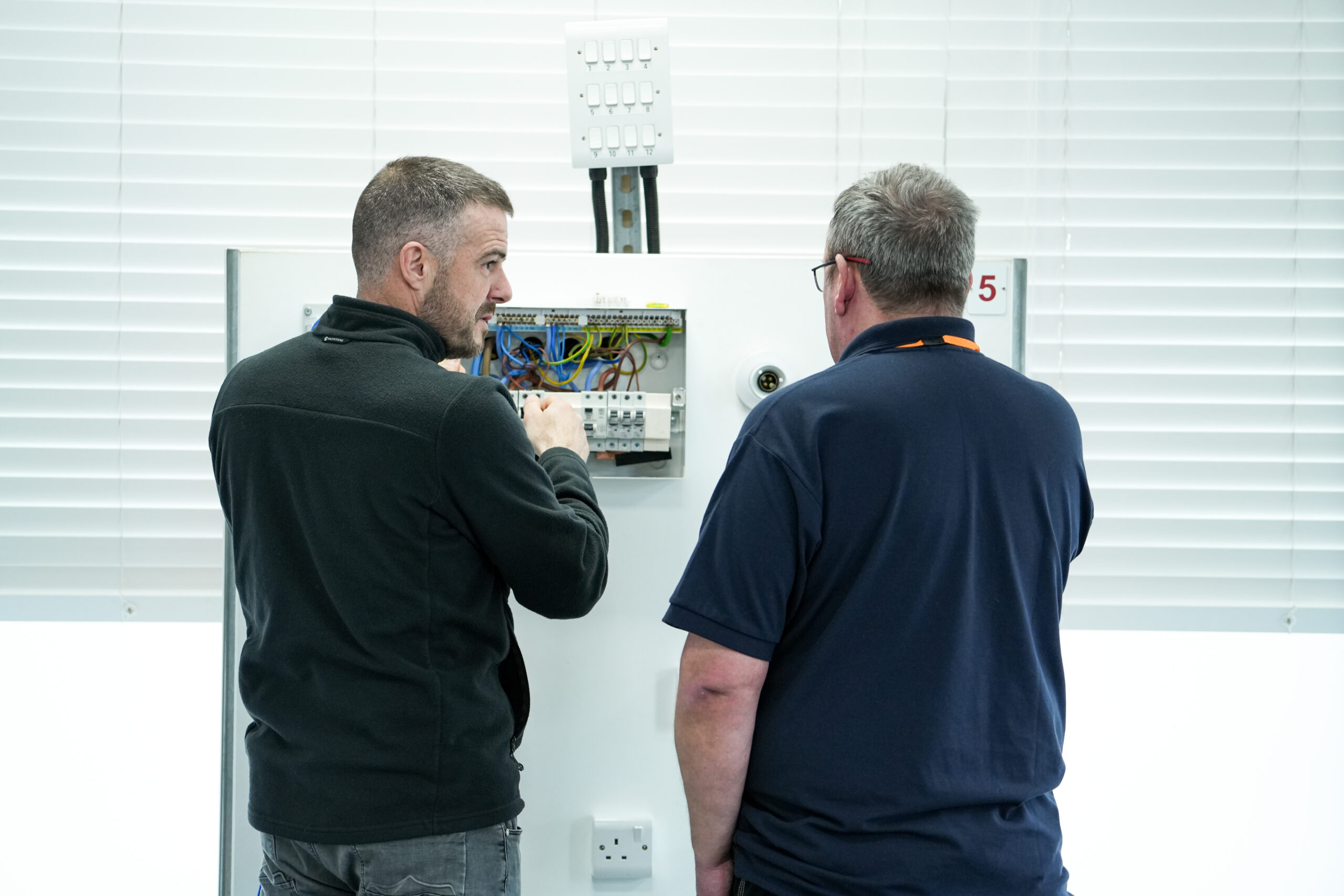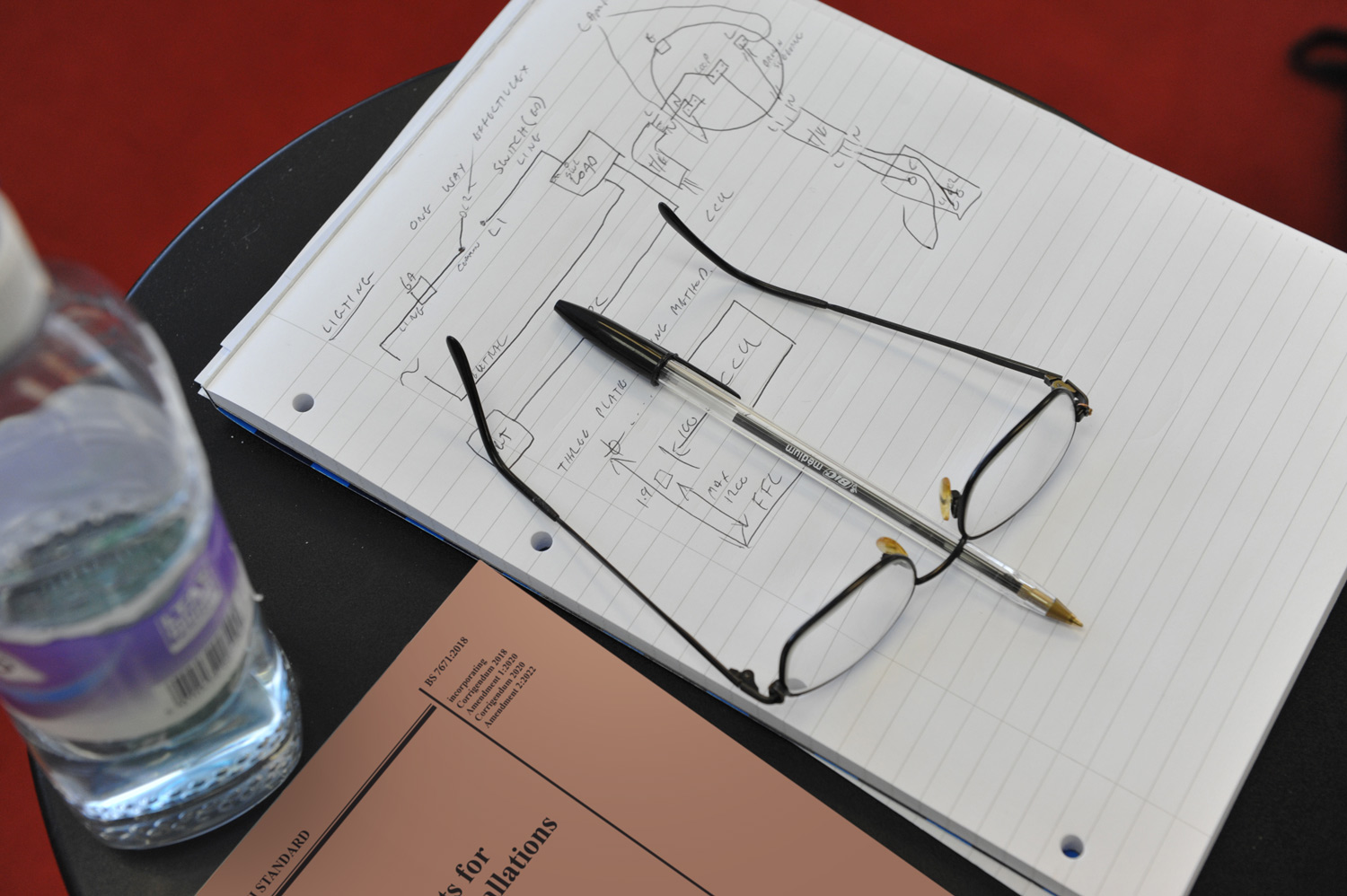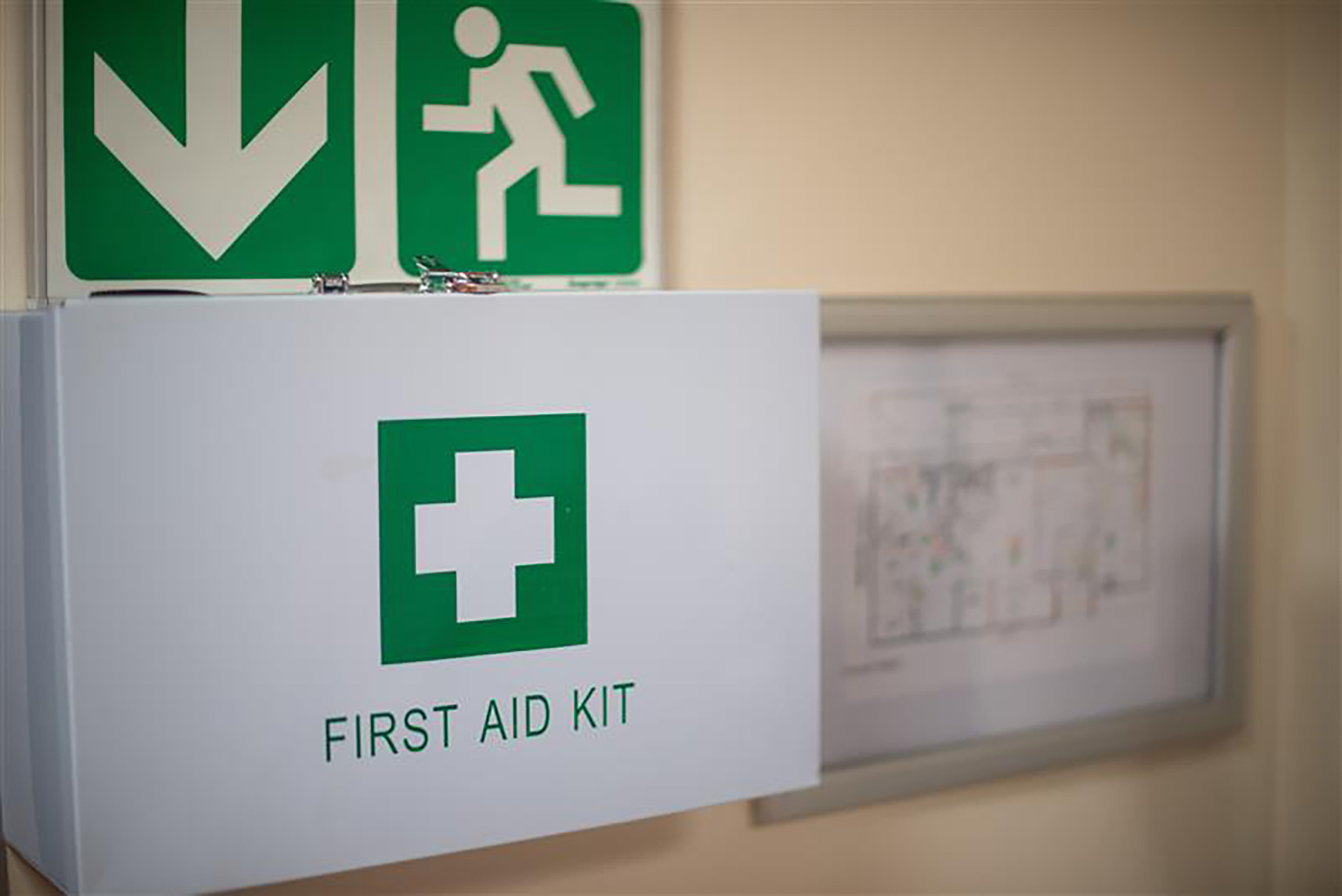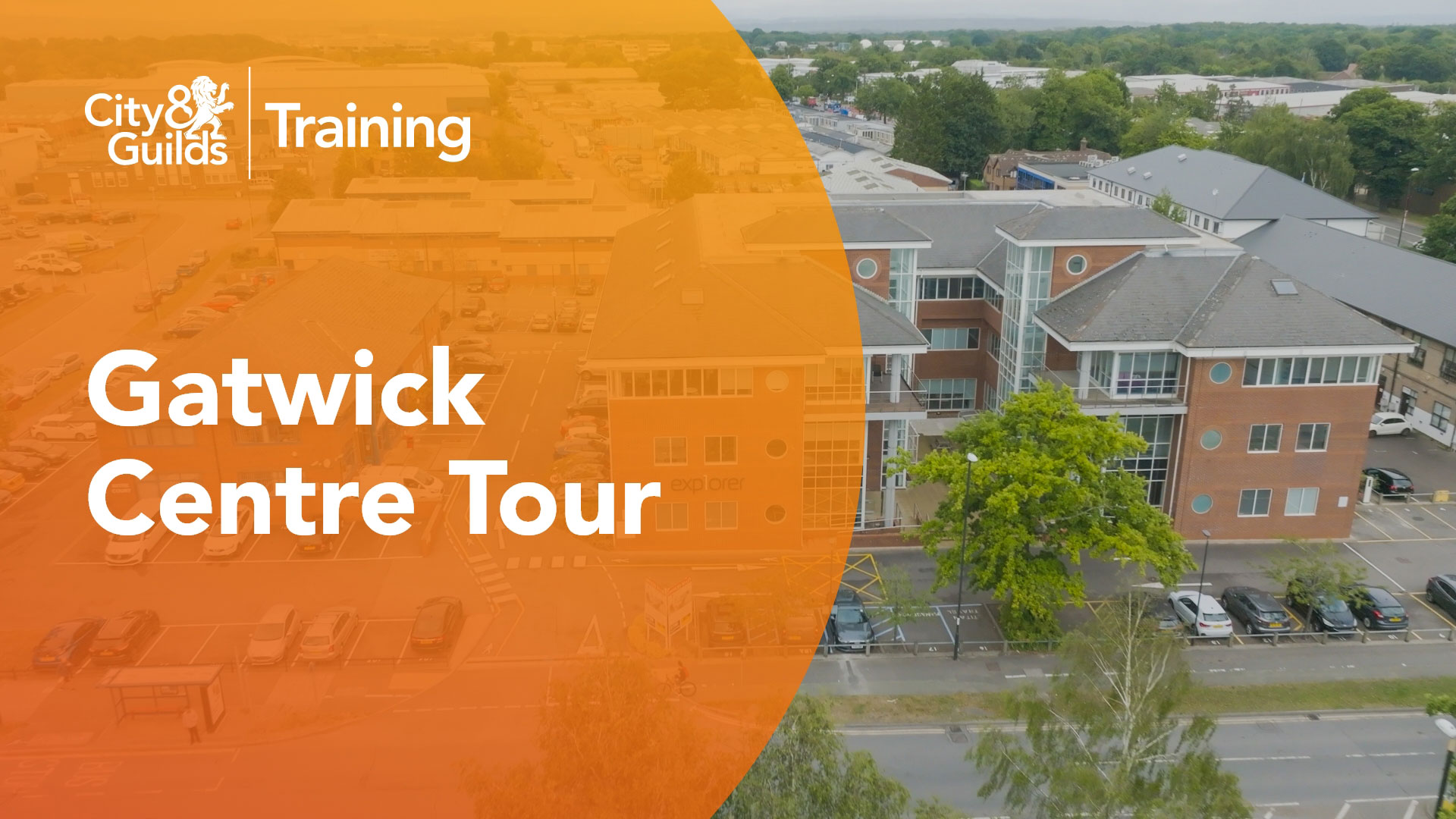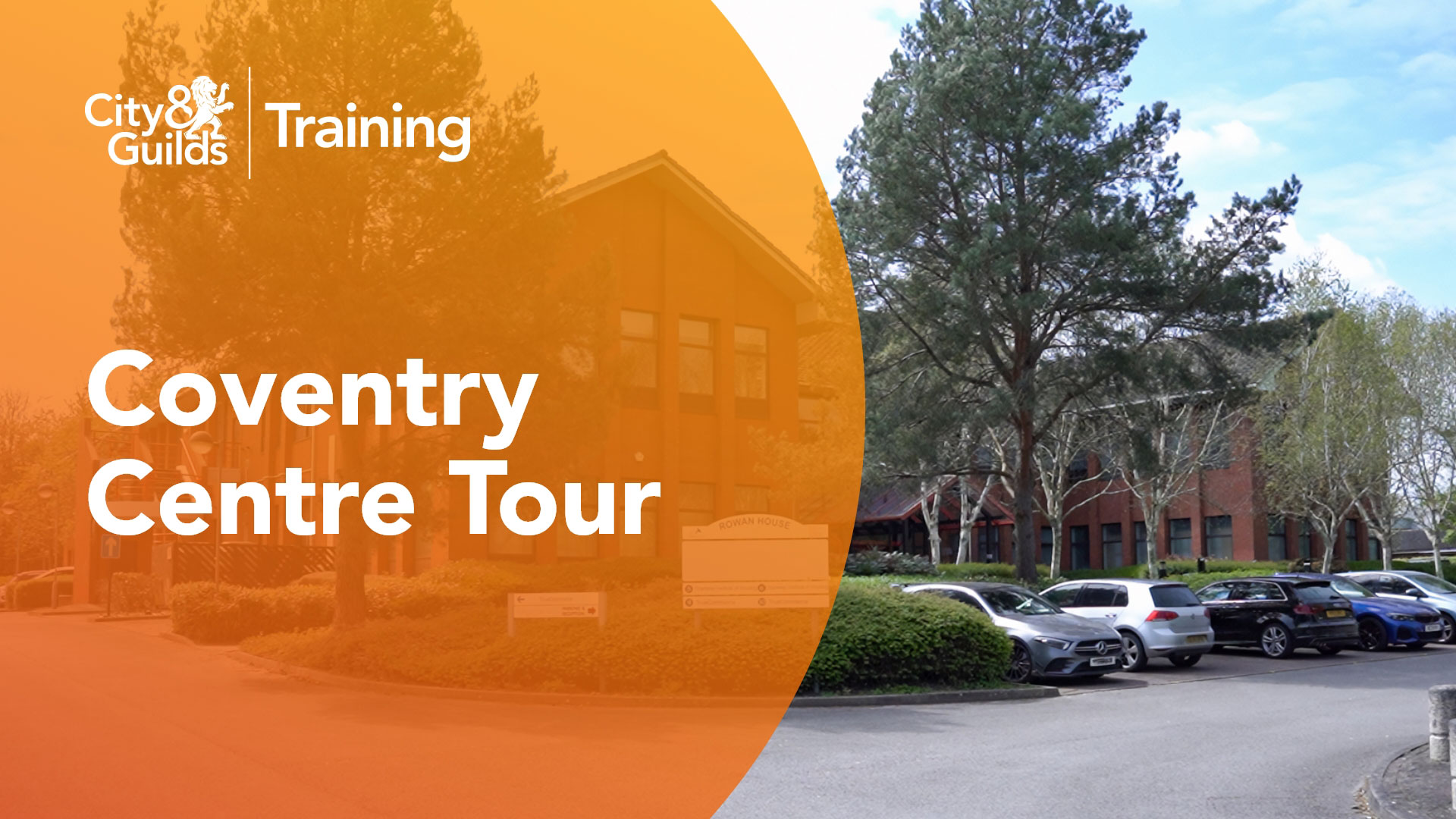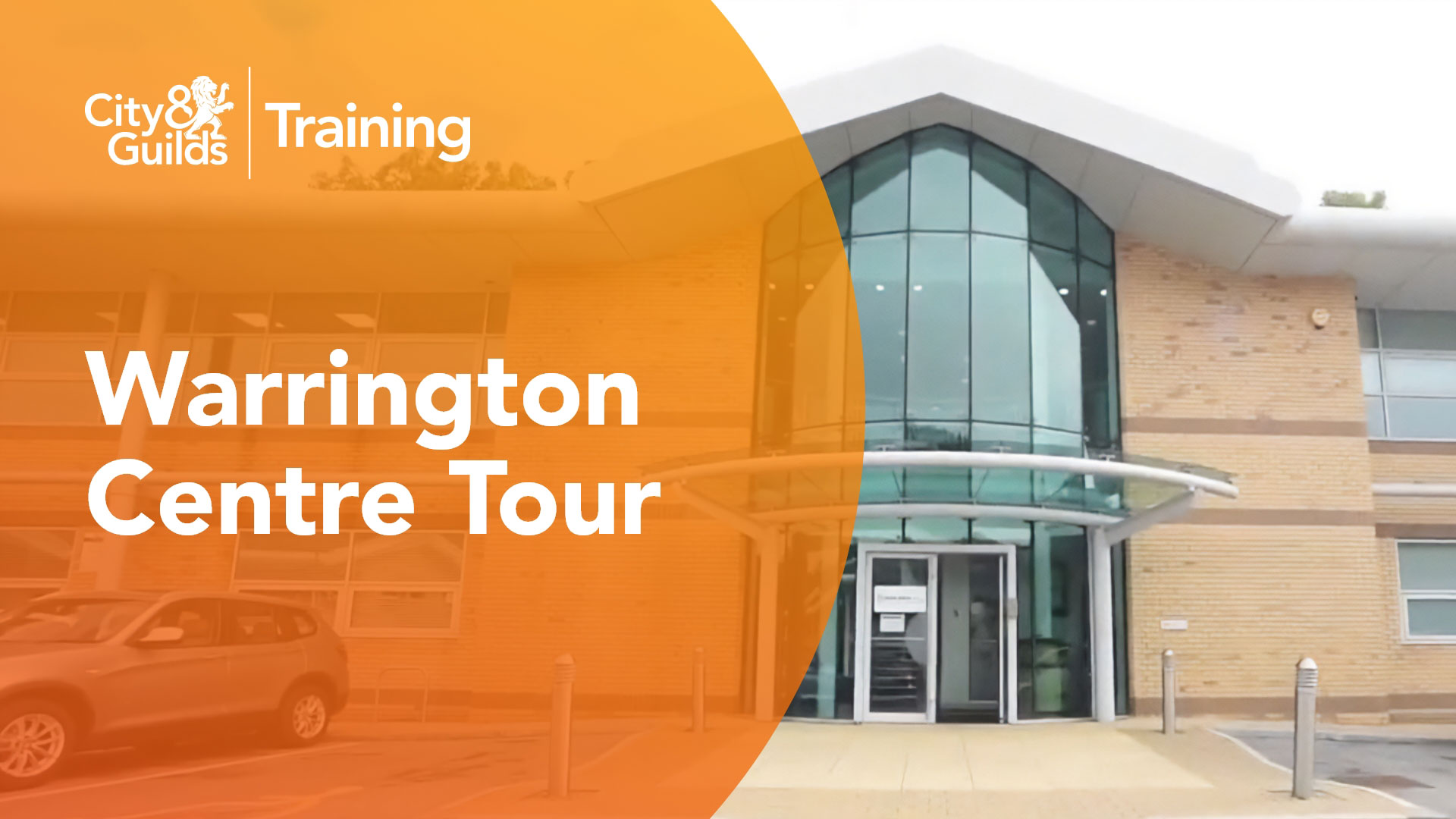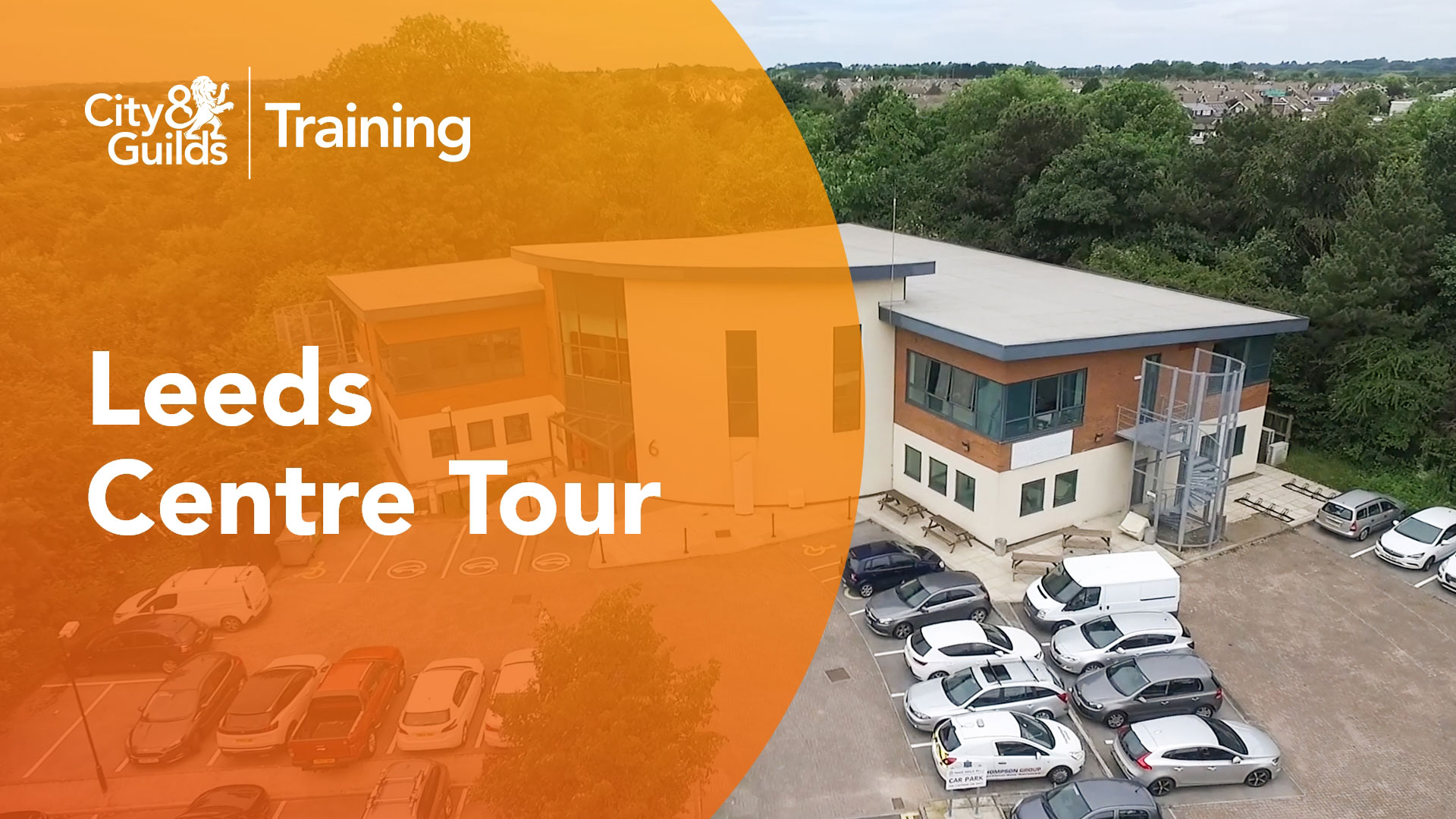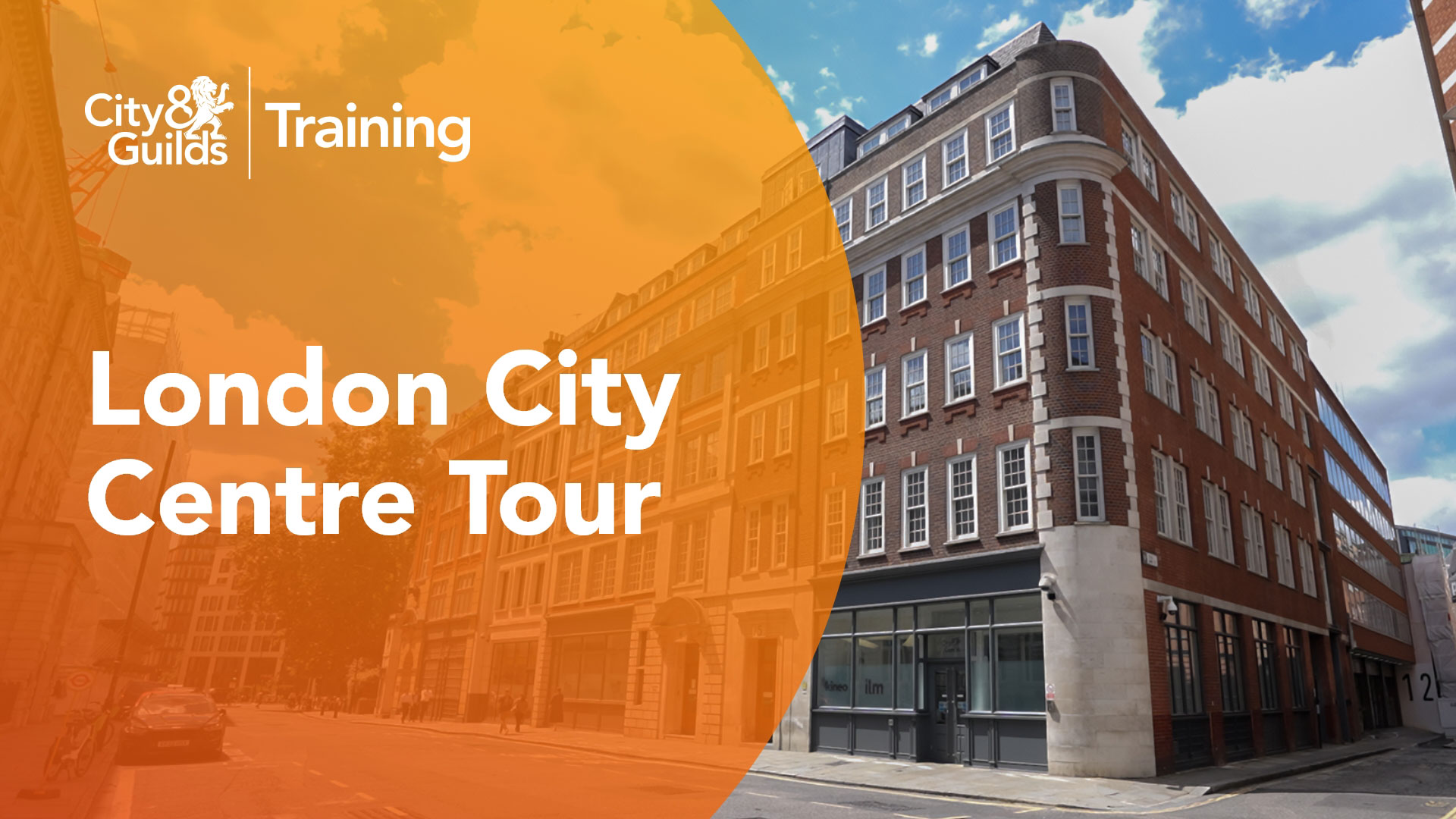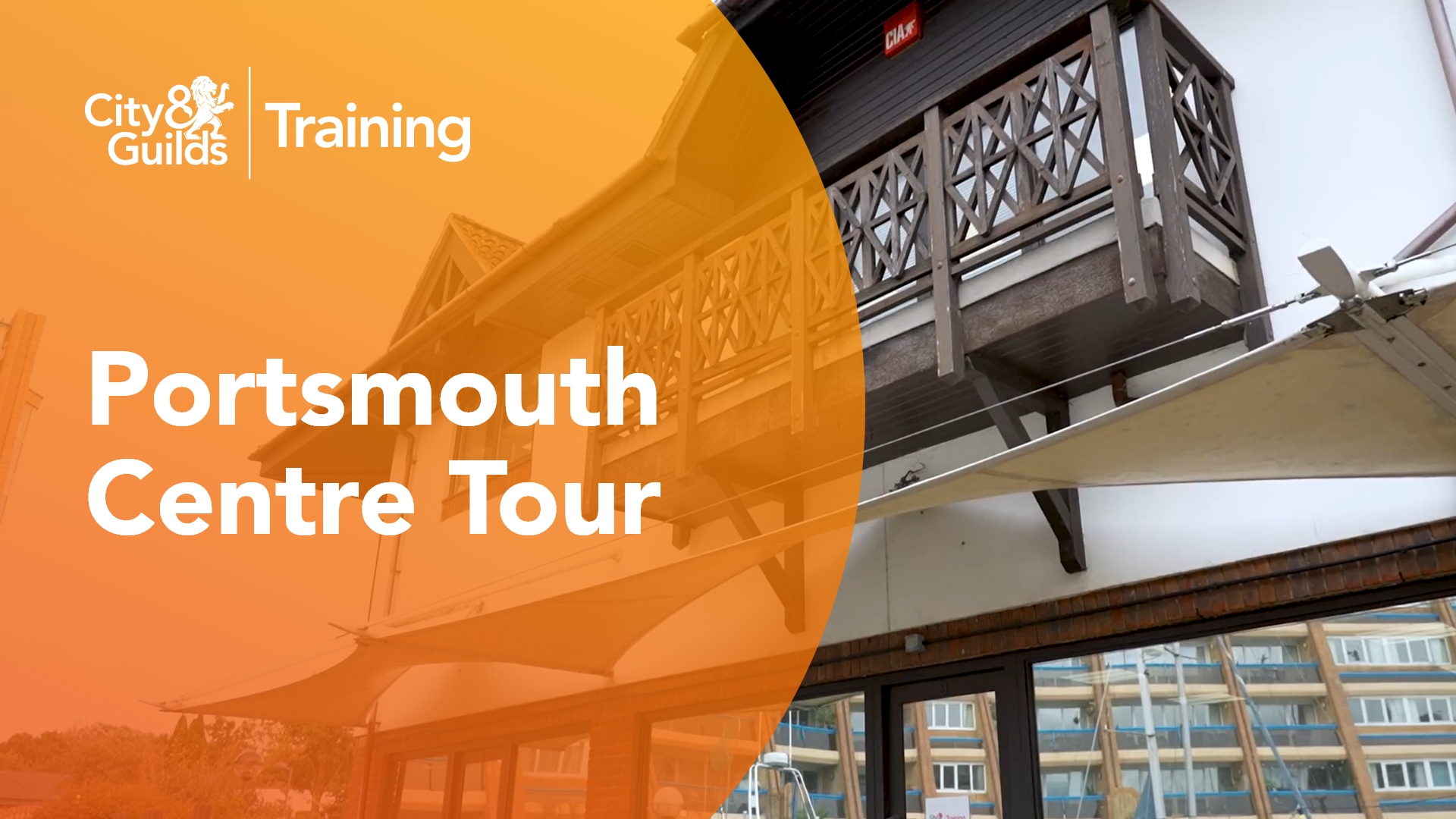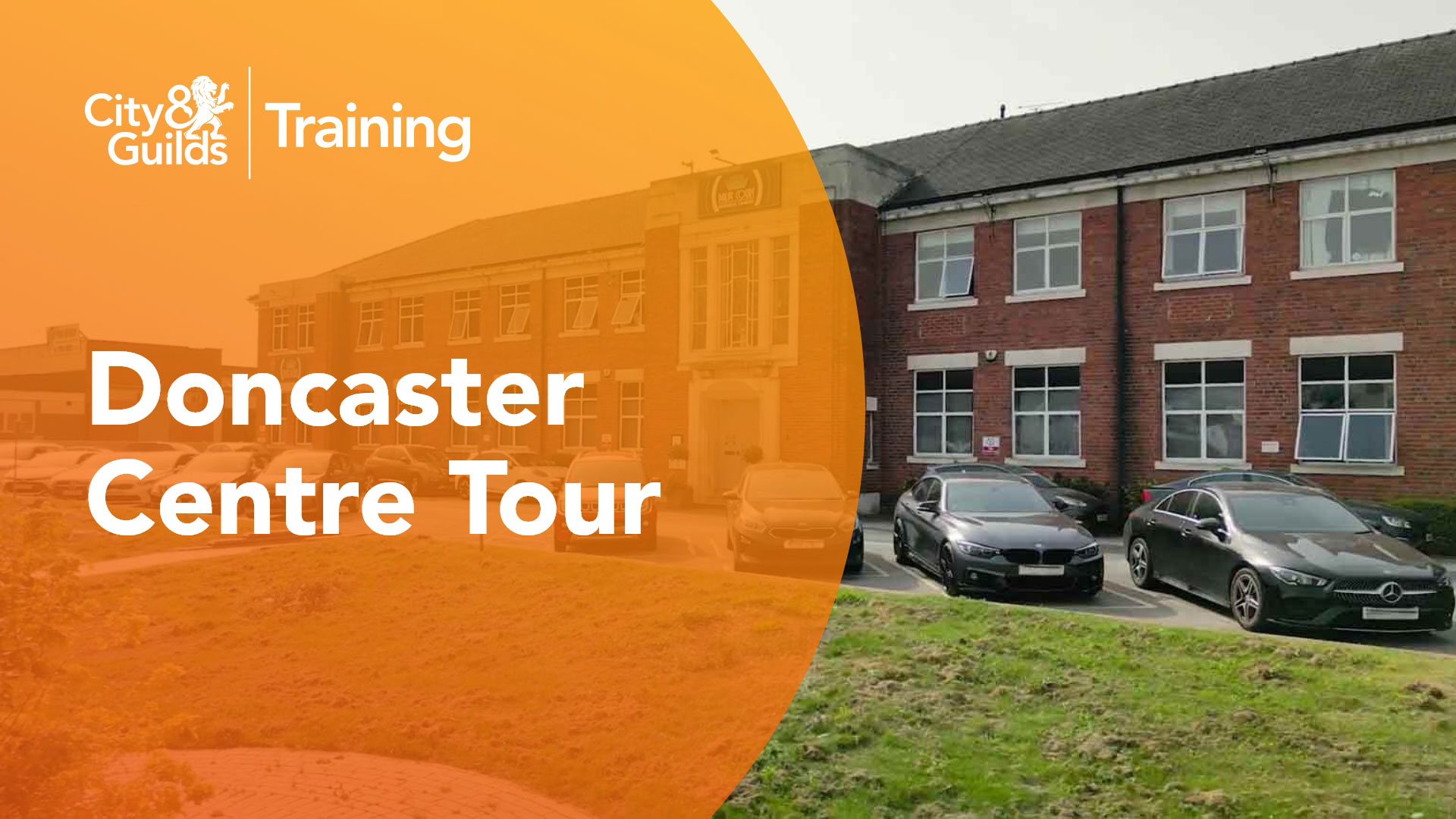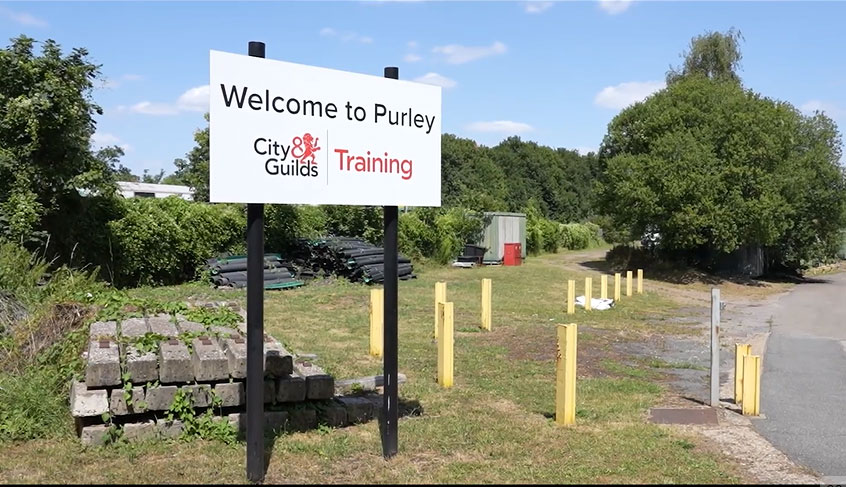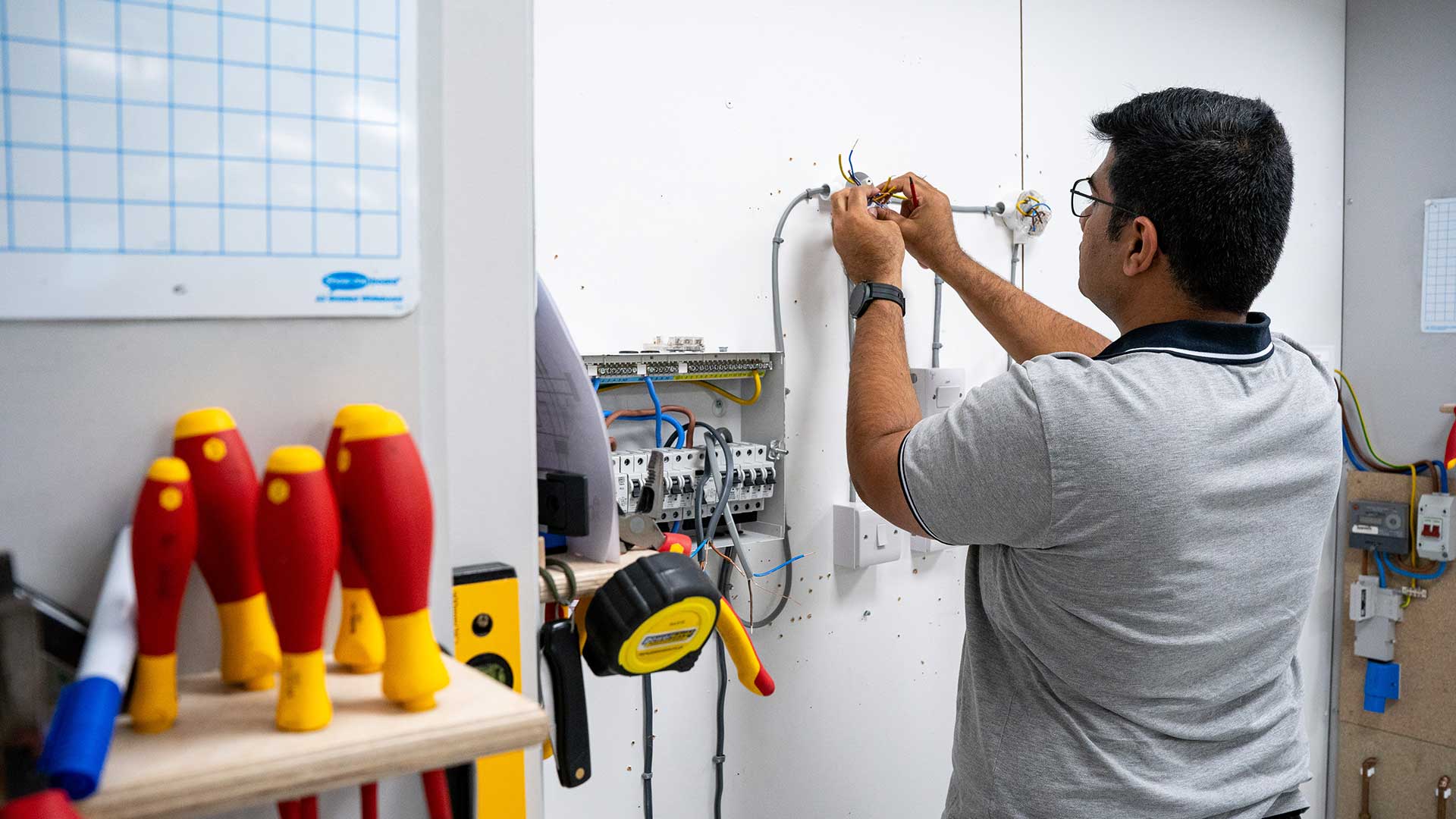The debate around whether its right or wrong for tradespeople to accept cash payments goes on! So we thought we would ask the question of our readers in a recent survey ‘Do you still accept cash payments? The results are now in which show that of those that responded 76% still do.
Is it wrong to pay tradesmen cash-in-hand?
Accepting cash payments has always been a contentious subject, especially amongst sole traders and small business owners. It’s fair to say that the common perception about accepting cash in hand payments suggests the reason for doing so would be to keep them off the books and thus avoiding VAT and income tax.
However, it’s worth remembering that under current law it is not illegal to accept cash payments for work undertaken, but it is the responsibility of the person accepting it to declare any cash received to HMRC for Tax purposes. A direct quote from the gov.uk website states: “Cash in hand payments for work are like any other income – they must be declared to HM Revenue and Customs (HMRC).”
Why do the trades still accept cash payments?
There could be many reasons why cash payments are taken and yes, one of these reasons might be because of VAT and income tax. However, another reason could be to reduce business bank transaction charges, especially if the tradesperson is primarily undertaking lots of small jobs. It may even be as simple as some customers prefer to pay for work that way and tend to shy away from technology.
Legally speaking, cash payments are taxable according to the person’s current individual tax rate and so long as the tax is paid, there isn’t a limit to how many payments can be received this way. The age-old debate for those starting out in business is whether it’s more financially viable to set up as a self-employed sole trader or as a Limited Company. Both have pro and cons, which we discussed in-depth in our blog, an Electricians guide to going self-employed.
Because of the nature of work tradespeople undertake, it’s not unusual for their annual revenue to be in excess of the threshold the Government sets where VAT registration will be required. This is currently £85,000 a year, though it’s important to remember this figure is based on revenue, not profit. It is entirely possible for an electrician to reach this threshold, especially when considering the materials needed to complete various jobs – Consumer units, EV charge points and consumables for example.
Does this create any issues? As a VAT registered company you will now need to offset this charge and the only way for you to do that is to charge your customers an extra 20% to compensate for the VAT. Which means that when quoting for jobs you’ll always be more expensive than those who are not VAT registered.
With this in mind, it’s easy to see why some people choose to accept cash-in-hand work to ensure they stay under the VAT registration threshold. However, this practice is morally questionable and would certainly be considered tax avoidance by the HMRC should they find out.
What’s the difference between Income Tax and Value Added Tax (VAT)
Income tax is a direct tax which is paid by an individual out of his/her income. Value Added Tax (VAT) is collected at each stage of production and movement of goods on account of sales.
Income Tax: As a self-employed person you are only taxed on your income from that tax year, which takes into account your allowable expenses, deductions for materials, tools, fuel etc. This is applied subject to whatever exemptions and higher rates their tax situation places them in (between 20% – 45%).
Value Added Tax: VAT is charged at 20% with everyone paying the same rate for goods and services. As a VAT registered business, you will need to add VAT to your prices, issue VAT invoices to customers, file VAT returns and pay any VAT due to HMRC, while keeping digital VAT records and a VAT account. However, you can claim back VAT on your business expenses to offset your VAT liability.
It is our responsibility to remind you that failure to pay taxes is a serious offence.

